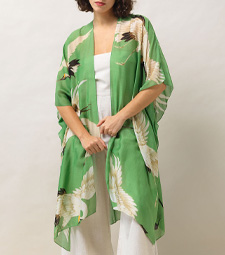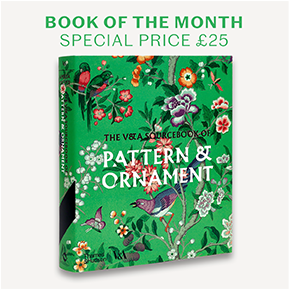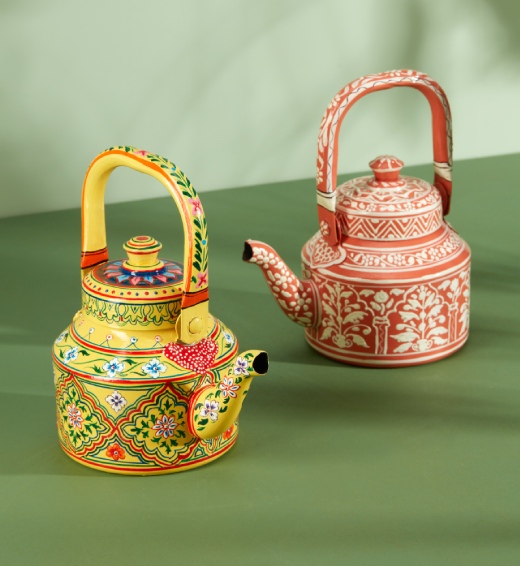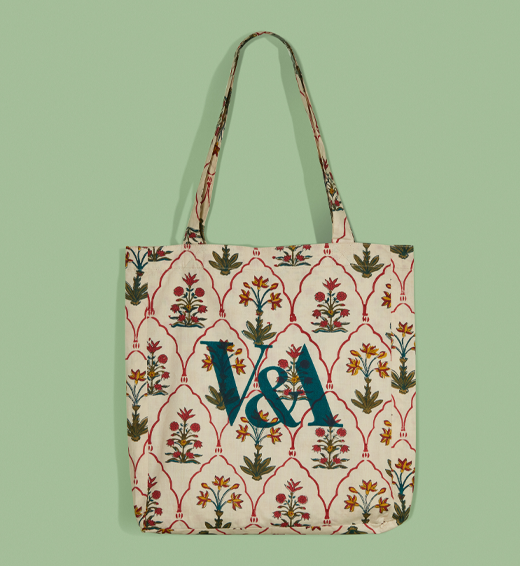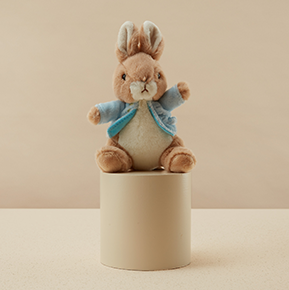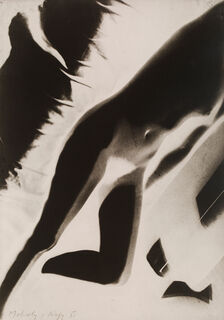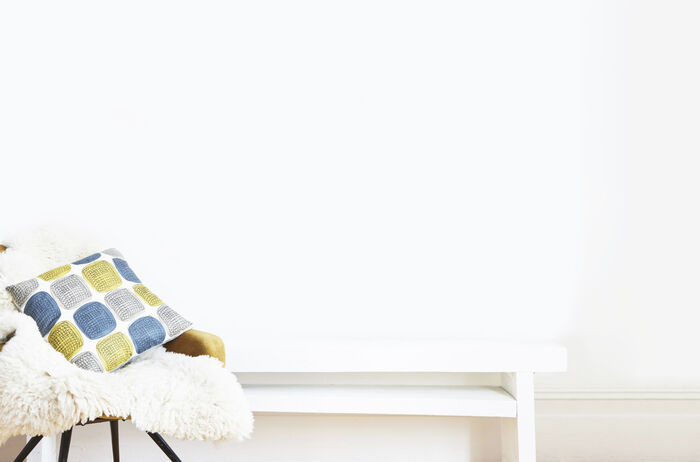- Details
- Delivery & Returns
- About custom prints
Akt Positiv
Photograph by Lazslo Moholy Nagy (1894-1946)
Germany, 1931
This is one of two photographs to be shown side by side of a nude figure lying diagonally across the image in negative (left) and positive (right).
Custom printed on semi-gloss 250gsm premium lustre photo satin paper.
Delivery
Our standard delivery charges and estimated timescales are as follows. Selected product exceptions apply; see product details. International deliveries may also be subject to customs fees or taxes upon arrival, which are your responsibility.
Custom prints
Each print is made to order and dispatched separately to other V&A Shop products, for UK delivery only. The charges and estimated timescales below are in addition to our standard delivery charge when bought together with a V&A Shop product. However, delivery is free for all orders over £60.
Returns
We hope you are happy with your V&A Shop purchase. However, if you are not, most items are eligible for a full refund, subject to the criteria below. Refunds are offered for items in an unused, unopened condition, and with original packaging – with the following exceptions. This does not affect your statutory rights.
The following items are excluded from our returns policy and cannot be refunded unless faulty, damaged, or not as described:
- Custom prints and other items made to your specification or personalised;
- Items that have been sealed for hygiene reasons, where the seal has been broken, such as beauty products, soap, pierced earrings, hosiery, socks, sunglasses and face coverings;
- Perishable or edible items such as flowers or food;
- Memberships, tickets for exhibitions, bookings for events and courses.
For full details, visit our Delivery & Returns page.
From our gallery walls to yours
High quality art prints of images from across the V&A collections. Spanning Japanese woodblock prints to book illustration, textile designs and photography this collection of prints offers a glimpse into the rich and diverse nature of the V&A.
Made in England on the Sussex coast by leading print producers King & McGaw, our prints are hand finished and framed by skilled craftsmen using responsibly sourced materials, carefully packaged and delivered directly to your door.
The process is simple:
1. Select an image
2. Choose your preferred size and frame
3. Place your order!
Additional details
PAPER:
We use fine art paper sourced from UK paper mills for our prints. The paper type has been chosen to best suit the original artwork.
INKS:
Each artwork is giclée printed using archival quality inks.
MOUNT:
Acid free, extra thick smooth white mount board with a white core.
GLAZING:
We use clear acrylic glazing for safety and longevity.
FRAMING:
Framed by hand in Sussex by skilled craftsmen using responsibly sourced materials, the finished product has a taped back and is supplied ready to hang.
PACKAGING:
Each print is carefully packaged to ensure safe transportation, using 100% recyclable materials.
COPYRIGHT:
Please note that a copyright line is included under the image.
Akt Positiv, from Akt Positiv-Akt Negativ
Paper size
Please select-
Small
23 x 30 cm
-
Medium
30 x 40 cm
-
Large
46 x 60 cm
Frame type
Please select-
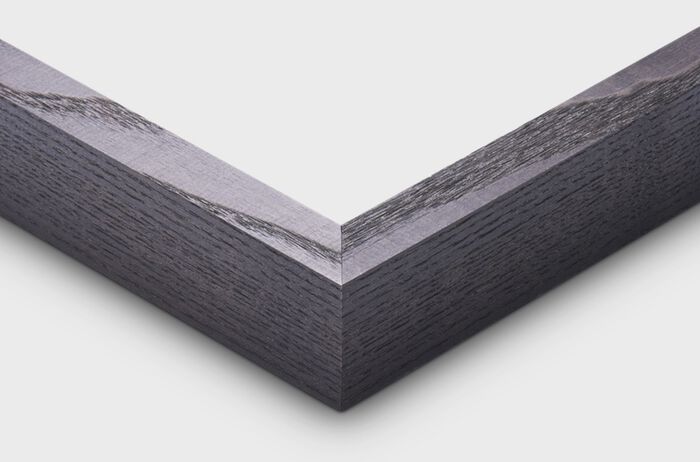 Black
Black -
 White
White -
 Natural
Natural -
 Unframed
Unframed
- 1.5 cm black stained ash box frame - stained and waxed
- semi-gloss 250gsm premium lustre photo satin paper
- cm white mount - acid free, extra thick smooth white mount board with a white core
- Printed image size:
- Total framed size:
- Total size:
Laszlo Moholy-Nagy
A sculptor, photographer, film maker and graphic designer, László Moholy-Nagy experimented with many different artistic genres. He was one of the most prominent Modernist theorists and gained a reputation on both sides of the Atlantic as a teacher and writer. Born in Hungary, he served in the First World War as a young man before participating in the country’s radical political and artistic movements. At the age of 24 he moved to Germany, involving himself in Berlin’s Dada and Constructivist avant-garde, and later joining the Bauhaus where he was an important figure for much of the 1920s. It was here that he earned an international standing, writing alongside Walter Gropius as well as producing his own work. By the mid 1930s the rise of Nazis forced him to leave the freelance design practice he had established in Germany. He then worked in Amsterdam and London before moving to America to head the New Bauhaus in Chicago in 1937. He died in Chicago in 1946, having become a US citizen.

